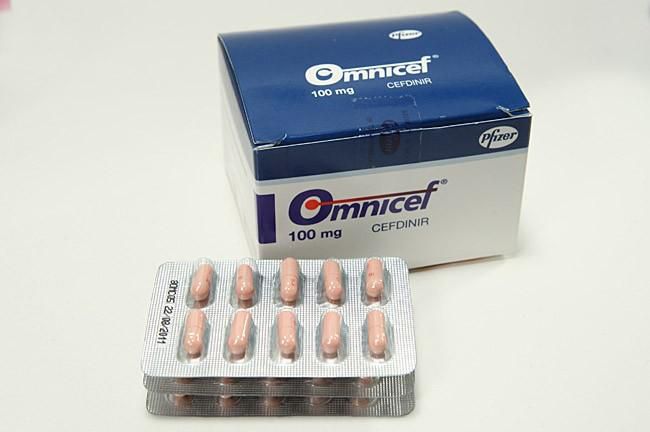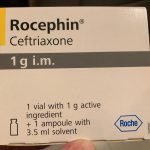Why Was Omnicef Discontinued?

Omnicef is a brand of Cefdinir, a prescription medication used to treat a wide variety of bacterial infections. This medication is known as a cephalosporin antibiotic. It works by stopping the growth of bacteria. This antibiotic treats only bacterial infections. It will not work for viral infections (such as common cold, flu). Using any antibiotic when it is not needed can cause it to not work for future infections.
Warner-Lambert licensed this cephalosporin for marketing in the US from Fujisawa. Abbott obtained U.S. marketing rights to Omnicef in December 1998 through an agreement with Warner-Lambert Company. It was approved by FDA on December 4, 1997. It is available in many countries as Omnicef by Abbott Laboratories and in India as Cednir by Abbott.
Cefdinir the active ingredient in Omnicef was patented in 1979 and approved for medical use in 1991. In 2019, it was the 159th most commonly prescribed medication in the United States, with more than 3 million prescriptions.
Why Was Omnicef Discontinued?
The brand name Omnicef was discontinued in the U.S for business reasons by the manufacturer and has nothing to do with the safety of the drug. Generic versions of Omnicef continue to be available.
Cefdinir is administered orally. It is available as capsules and a suspension. Dosage, schedule, and duration of therapy vary according to the type of infection.
How to use Cefdinir oral
Take this medication by mouth with or without food as directed by your doctor, usually once a day or twice a day (every 12 hours).
The dosage is based on your medical condition and response to treatment.
Typical dosing for cefdinir
Adults and adolescents age 13 years and older: The typical dose is 300 mg by mouth every 12 hours. For bronchitis with bacterial infection, throat or tonsil infection (strep throat, tonsillitis), or sinus infection (sinusitis), you can take 600 mg once daily instead.
Children age 6 months to 12 years old: Take 7 mg per kg of body weight every 12 hours by mouth. Children with an ear infection (otitis media), throat or tonsil infection (strep throat, tonsillitis), or sinus infection (sinusitis) can take 14 mg per kg of body weight once daily instead.
For the best effect, take this antibiotic at evenly spaced times. To help you remember, take this medication at the same time(s) every day.
Continue to use this medication until the full prescribed amount is finished even if symptoms disappear after a few days. Stopping the medication too early may allow bacteria to continue to grow, which may result in a relapse of the infection.
What are the side effects of Cefdinir?
Get emergency medical help if you have signs of an allergic reaction to Cefdinir (hives, difficult breathing, swelling in your face or throat) or a severe skin reaction (fever, sore throat, burning eyes, skin pain, red or purple skin rash with blistering and peeling).
Call your doctor at once if you have:
• severe stomach pain, diarrhea that is watery or bloody (even if it occurs months after your last dose);
• fever, chills, body aches, flu symptoms;
• pale skin, easy bruising, unusual bleeding;
• seizure (convulsions);
• fever, weakness, confusion;
• dark colored urine, jaundice (yellowing of the skin or eyes); or
• kidney problems – little or no urination, swelling in your feet or ankles, feeling tired or short of breath.
Common Cefdinir side effects may include:
• nausea, vomiting, stomach pain, diarrhea;
• vaginal itching or discharge;
• headache; or
• rash (including diaper rash in an infant taking liquid cefdinir).
This is not a complete list of side effects and others may occur. Call your doctor for medical advice about side effects. You may report side effects to FDA at 1-800-FDA-1088.





